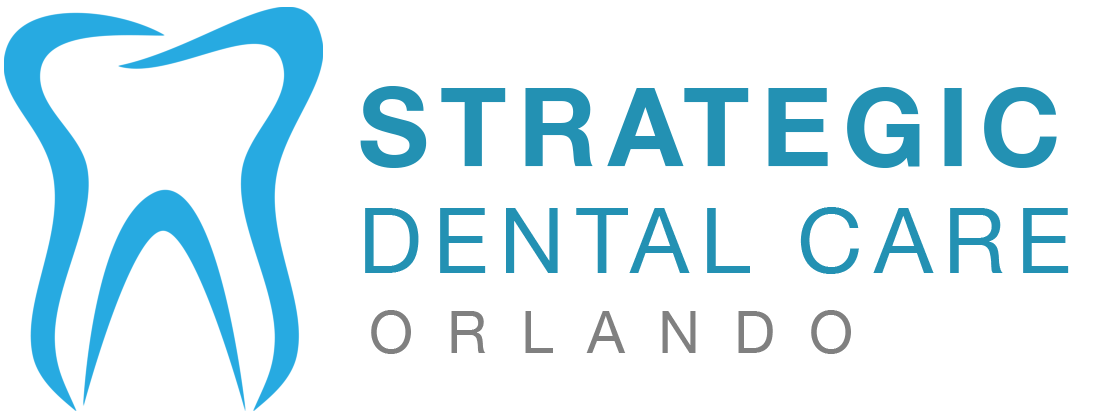7 Signs It’s Time to Visit Your Orlando Dental Clinic

Regular checkups at the dental clinic are crucial for maintaining optimal oral health, but sometimes it can be difficult to know when it’s time to schedule your next appointment. From persistent toothaches to noticeable changes in your gums, there are several signs that indicate it’s time to visit your Orlando dental clinic. In this blog post, we’ll discuss seven common signs that should prompt you to schedule a visit with your dentist as soon as possible.
1. Persistent Tooth Pain
Persistent tooth pain or discomfort can be a sign of various dental issues, including cavities, infections, or even a cracked tooth. If you’re experiencing ongoing tooth pain that doesn’t go away with over-the-counter pain relievers, it’s essential to go to your dental clinic in Orlando for an evaluation. Ignoring tooth pain can lead to further complications and may require more extensive treatment down the line.
2. Gum Disease Symptoms
Gum disease, also known as periodontal disease, is a common condition that affects the gums and supporting tissues of the teeth. Symptoms of gum disease include red, swollen, or bleeding gums, as well as persistent bad breath and receding gums. If you notice any of these symptoms, it’s important to see your dentist promptly for treatment. Early intervention is key to preventing gum disease from progressing to more severe stages.
3. Loose or Missing Teeth
Loose or missing teeth can indicate underlying dental issues such as gum disease, tooth decay, or trauma. If you notice that your teeth feel loose or if you have lost a tooth, it’s crucial to go to the dental clinic right away. Your dentist can assess the cause of the problem and recommend appropriate treatment options, which may include dental implants, bridges, or other restorative procedures.
4. Persistent Bad Breath
While occasional bad breath is normal, persistent bad breath, also known as halitosis, can be a sign of underlying dental problems such as gum disease, cavities, or dry mouth. If you’re experiencing chronic bad breath despite practicing good oral hygiene habits, go to the dental clinic for an evaluation. Your dentist can identify the underlying cause of your bad breath and recommend appropriate treatment to address the issue.
5. Jaw Pain or Clicking
Jaw pain, clicking, or popping noises when you open or close your mouth can be signs of temporomandibular joint (TMJ) disorders. TMJ disorders can cause discomfort, pain, and difficulty with jaw movement, making it challenging to eat, speak, or yawn comfortably. If you’re experiencing jaw pain or other TMJ symptoms, your dentist can evaluate your condition and recommend treatment options to alleviate your discomfort.
6. Sensitivity to Hot or Cold Foods
If you experience sensitivity to hot or cold foods and beverages, it could indicate underlying dental problems such as tooth decay, enamel erosion, or gum recession. Tooth sensitivity can make eating and drinking uncomfortable and may worsen over time if left untreated. Your dentist can identify the cause of your tooth sensitivity and recommend appropriate treatment to alleviate your symptoms and protect your oral health.
7. Changes in the Appearance of Your Teeth or Gums
Finally, if you notice any changes in the appearance of your teeth or gums, such as white or brown spots on your teeth, swollen gums, or unusual lumps or bumps in your mouth, that’s worth a trip to the dental clinic. Changes in the appearance of your teeth or gums can indicate underlying dental issues that require prompt attention to prevent further complications.
Schedule Your Dental Appointment Today
If you’re experiencing any of the signs mentioned above, don’t wait to schedule your dental appointment at Strategic Dental Care in Orlando. Our experienced team of dental professionals is here to provide comprehensive dental care and address any concerns you may have about your oral health. Don’t let dental problems go untreated – schedule your appointment today and take the first step toward a healthier, happier smile!
Top image used under CC0 Public Domain license. Image cropped and modified from original.
The content on this blog is not intended to be a substitute for professional medical advice, diagnosis, or treatment. Always seek the advice of qualified health providers with questions you may have regarding medical conditions.





